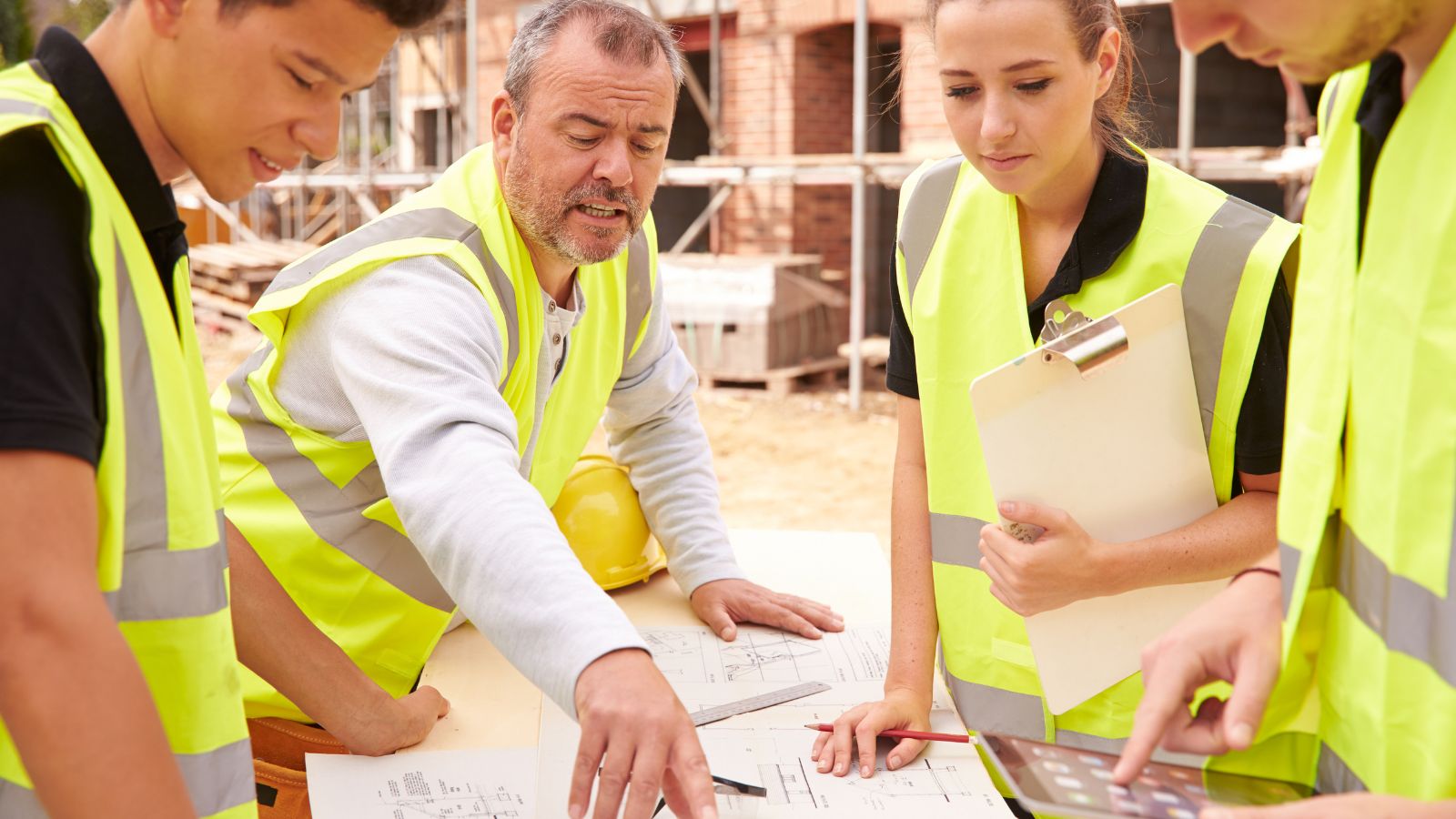Industries everywhere are recognising their growing responsibility to address environmental challenges. From construction to retail, healthcare, and manufacturing, every sector must play its part in supporting the UK government’s ambitious goal of achieving net-zero carbon emissions by 2050. Naturally, the construction industry carries a larger share of this responsibility as one of the key contributors to carbon emissions.
With events like COP29 keeping climate change firmly in the spotlight, companies like Project Solutions are stepping up to lead the way, championing greener construction practices and innovative solutions for a sustainable future.
The Importance of sustainability in construction
The construction industry plays a significant role in global carbon emissions, with approximately 37% attributed to the production and use of materials like cement and steel. Beyond this, the energy consumed by buildings during their lifecycle adds further to their environmental impact. This places a unique responsibility on the sector to lead the way in sustainability.
Governments and global initiatives like COP29 have made it clear that the construction industry must step up its efforts to achieve net-zero carbon emissions. At Project Solutions, we are committed to doing our part by reducing our carbon footprint and promoting sustainable growth through innovative practices.
Key sustainability measures in the construction industry
The construction industry has a significant opportunity to lead the way in adopting greener practices and integrating sustainability into its operations. Here are some key measures companies like Project Solutions are implementing:
- Energy-efficient design and building practices
- Innovative approaches to energy use include improving insulation to retain heat, reducing the need for gas or electricity.
- Incorporating renewable energy sources such as solar panels, heat pumps, and wind power into building designs is becoming standard practice.
- Cooling systems, like brise-soleil and other architectural solutions, further reduce energy consumption by minimising reliance on artificial cooling.
- Sustainable materials and circular economy practices
- Materials like concrete and steel contribute significantly to the construction industry’s carbon footprint, but improvements are possible.
- Recycling steel and wood, minimising concrete use, and using reinforced alternatives are effective strategies.
- Reusing materials such as rubber and other reclaimed resources promotes a circular economy and reduces waste.
- Waste minimisation and resource efficiency
- Waste management remains a critical challenge for the sector. Recycling construction waste for use as hardcore in other projects is a practical solution.
- Maximising the use of materials on-site helps prevent surplus and minimises waste.
- Water conservation is equally important. The construction industry uses vast quantities of water, so treating and reusing wastewater can significantly reduce pressure on clean water sources.
- Green certifications and standards
- Frameworks like BREEAM (Building Research Establishment Environmental Assessment Method) and LEED (Leadership in Energy and Environmental Design) set benchmarks for sustainability in construction.
- These certifications cover energy efficiency, water conservation, waste management, and more, helping companies meet rigorous environmental standards.
- Increasingly, construction firms are prioritising projects that achieve these certifications to demonstrate their commitment to sustainability.
Given the urgent need to adopt greener practices, the construction industry has the potential to lead by example in embracing sustainable technologies and materials. As society continues to demand dwellings, workplaces, and social spaces, the need for these structures to be sustainable and long-lasting is greater than ever. By addressing these challenges, the industry can leave a positive legacy for future generations.
Project Solutions’ commitment to sustainability
At Project Solutions, we have taken proactive steps to prioritise sustainability in all our projects, aligning with both industry goals and the government’s Net Zero target. By adopting energy-efficient designs, prioritising sustainable materials, and embracing waste reduction and circular economy principles, we are actively reducing our environmental impact and setting an example for the wider construction industry.
We believe it’s our responsibility to take meaningful action for future generations. The industrial and post-industrial eras have left a significant environmental legacy, and while we can’t undo the damage overnight, we are committed to doing everything we can to check its impact. As new sustainable technologies and practices emerge, we are determined to explore and implement them as swiftly as possible.
Sustainability is an evolving journey, and the construction industry must strike a balance between protecting the planet’s resources and ensuring economic growth. Our commitment to this balance serves as a model for others, showing how sustainable practices are critical to long-term success. Together, we aim to leave a lasting legacy for the generations that follow.
As part of this mission, we are dedicated to nurturing the next generation of construction professionals. Through apprenticeships and employment opportunities, we hope to inspire young people to join us in shaping a greener future. If you or someone you know is interested in a career in construction, we’d love to hear from you.




